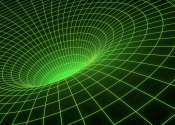Europe postpones launch of Herschel, Planck telescopes
The launch next month of two large European telescopes designed to probe the formation of galaxies and the "Big Bang" scientists say created the universe has been postponed by several weeks, it was announced here on Friday.








